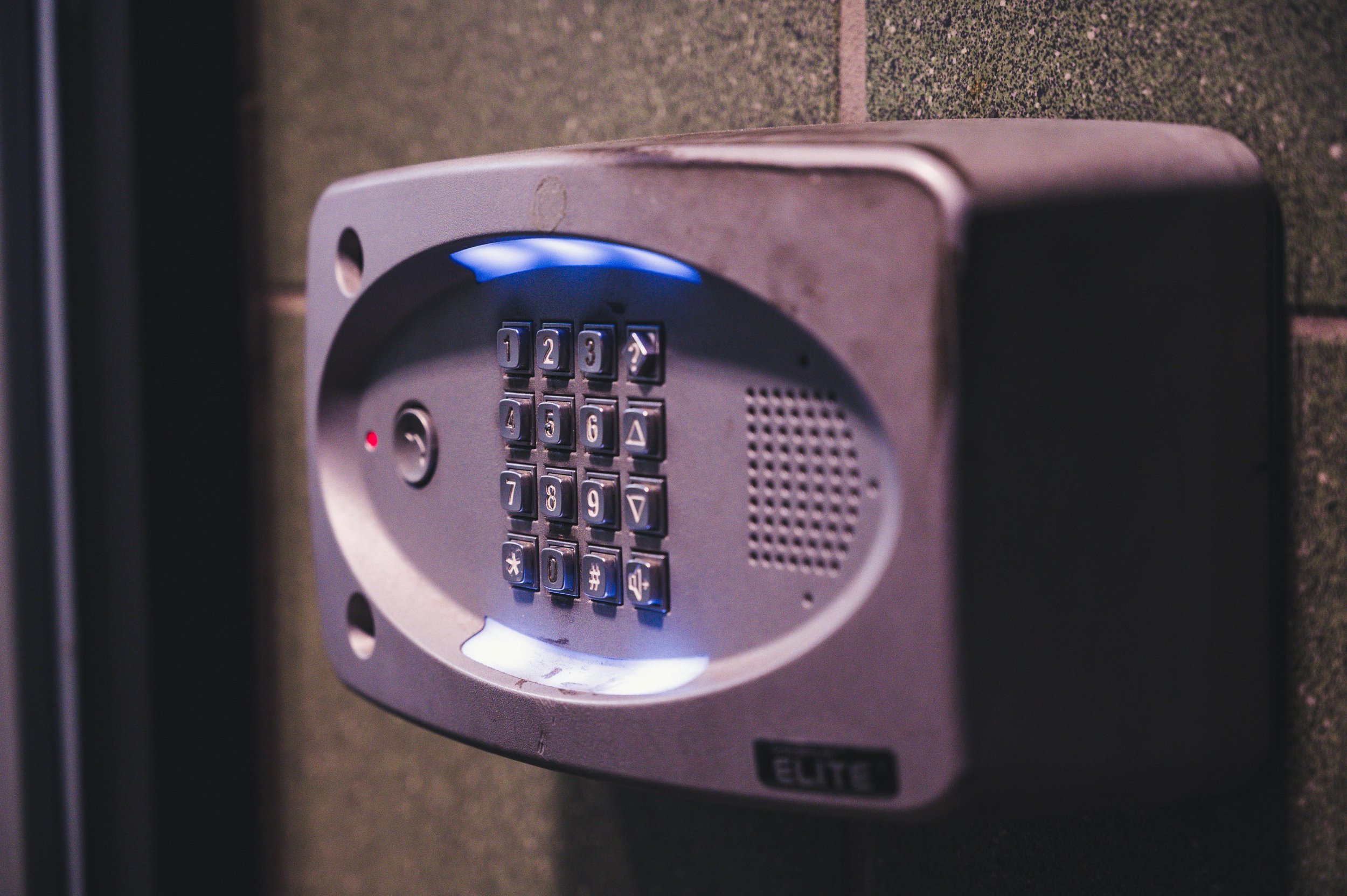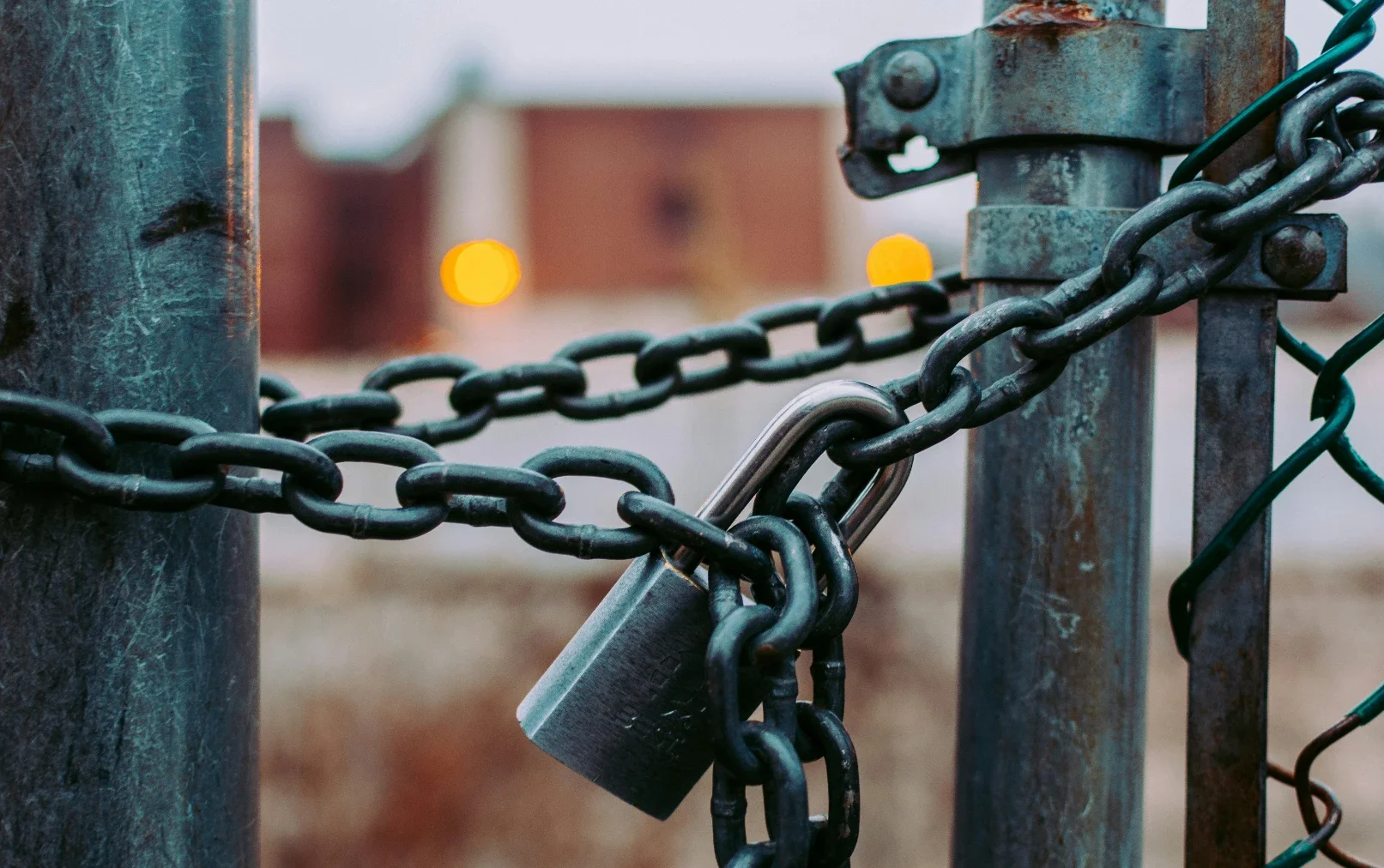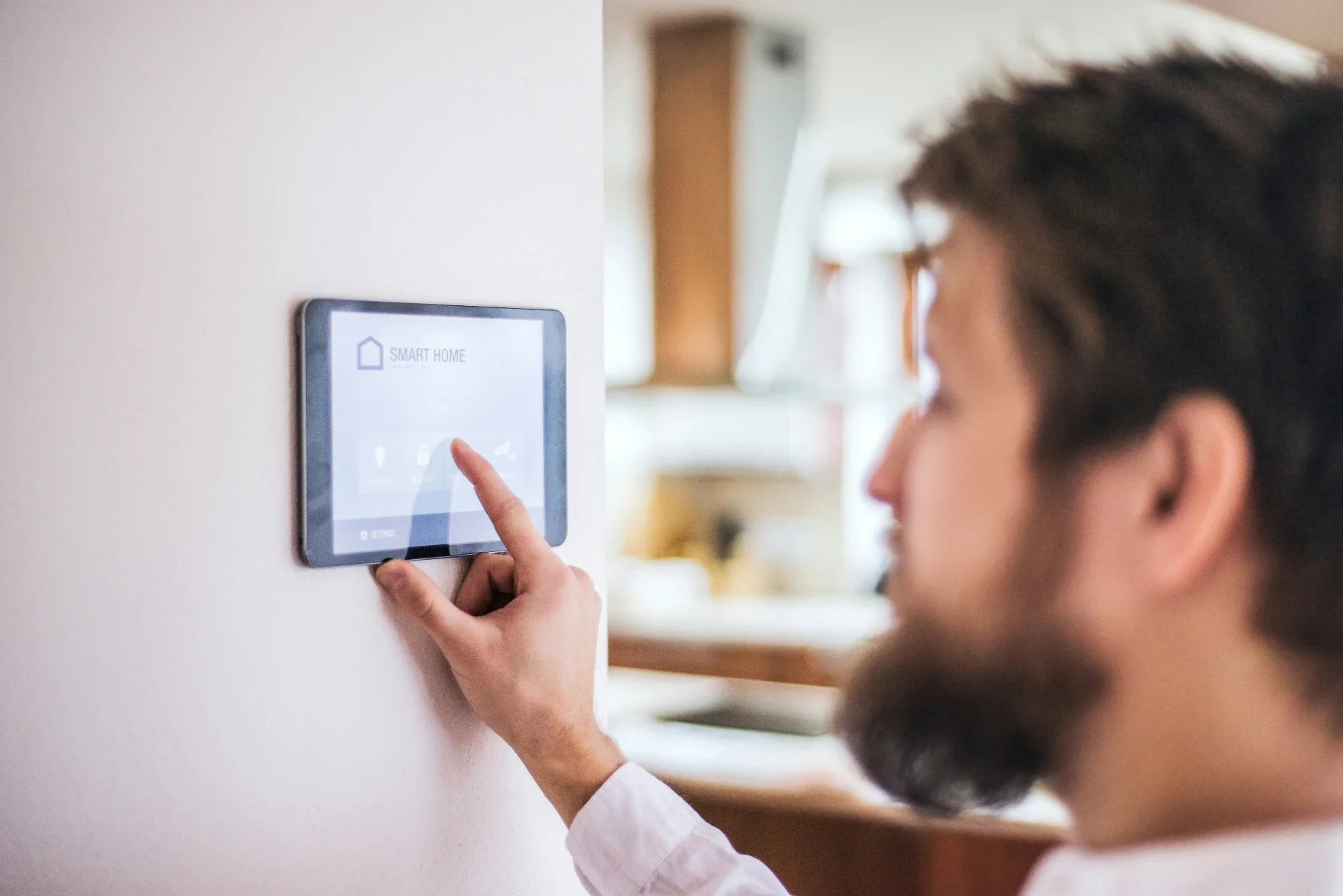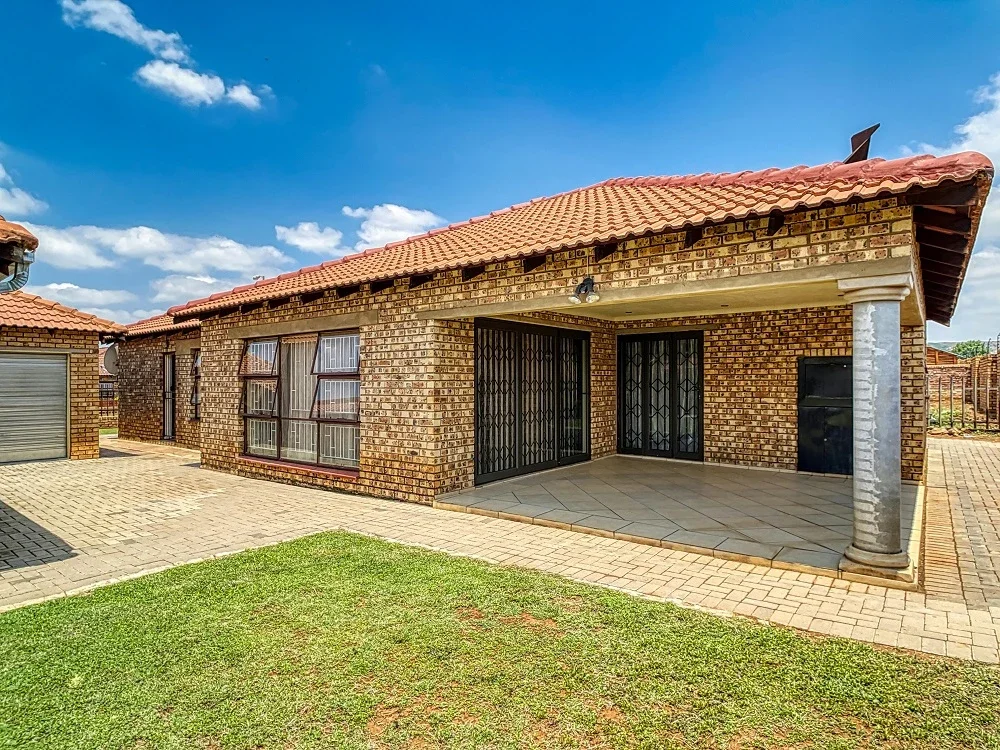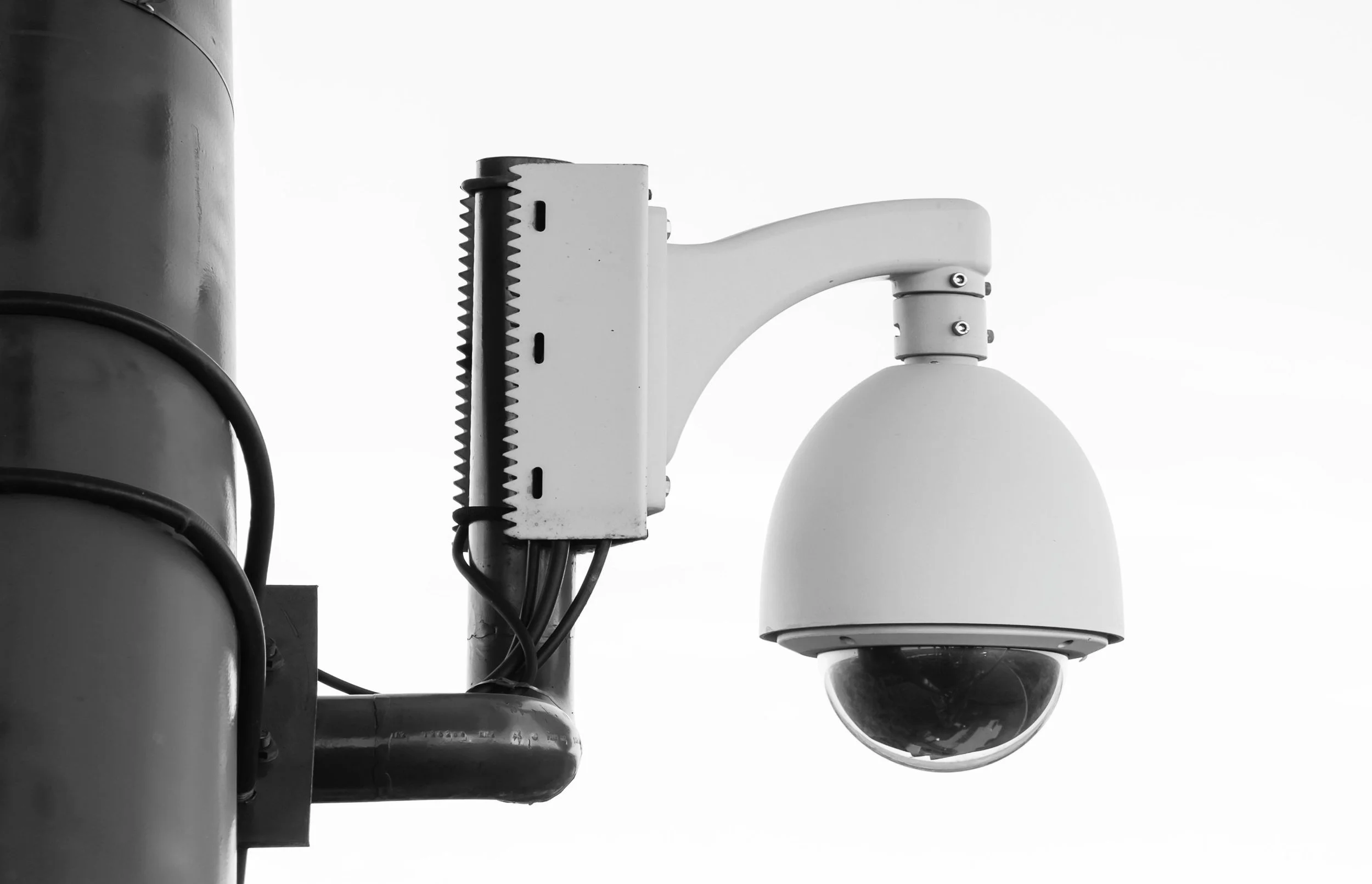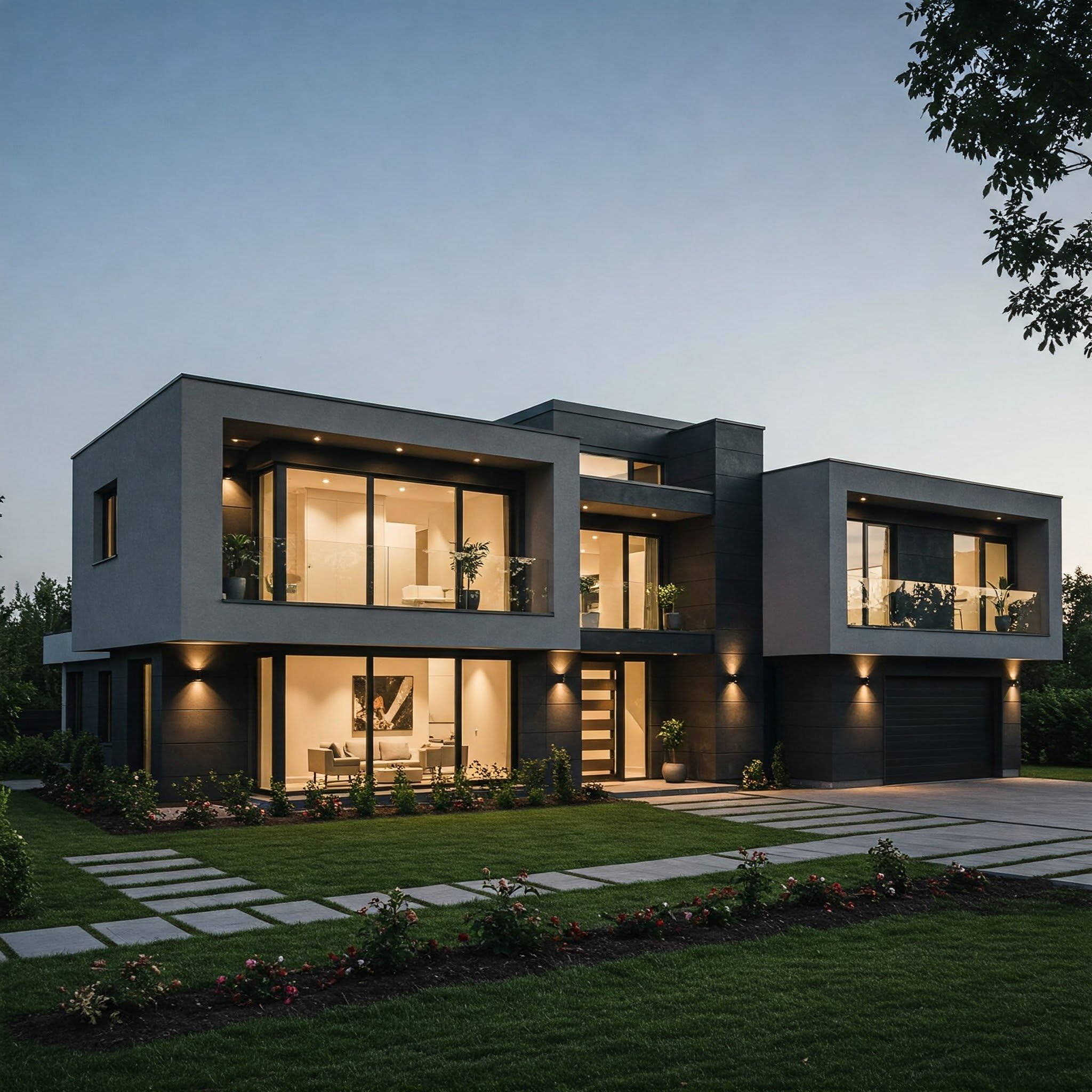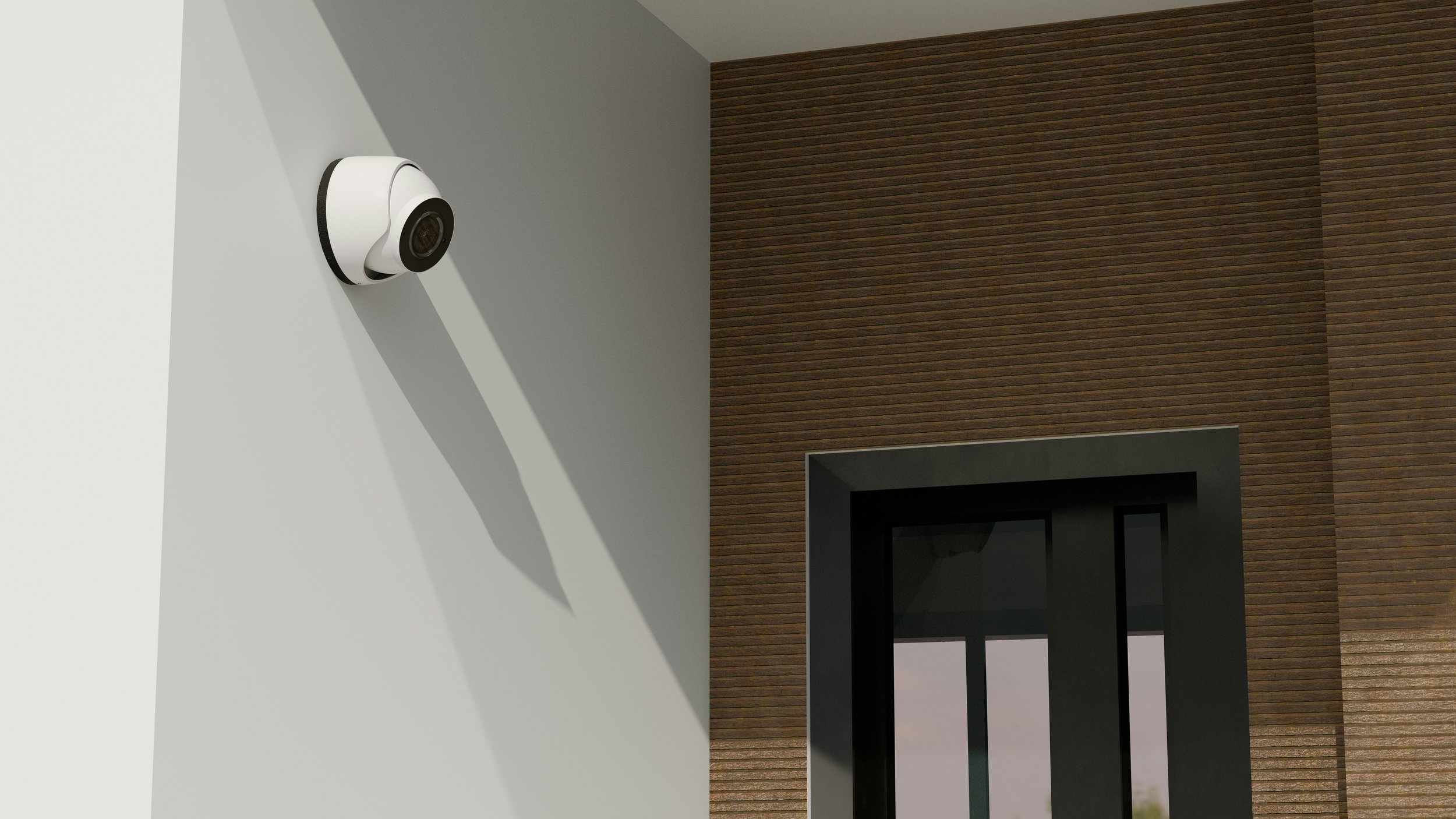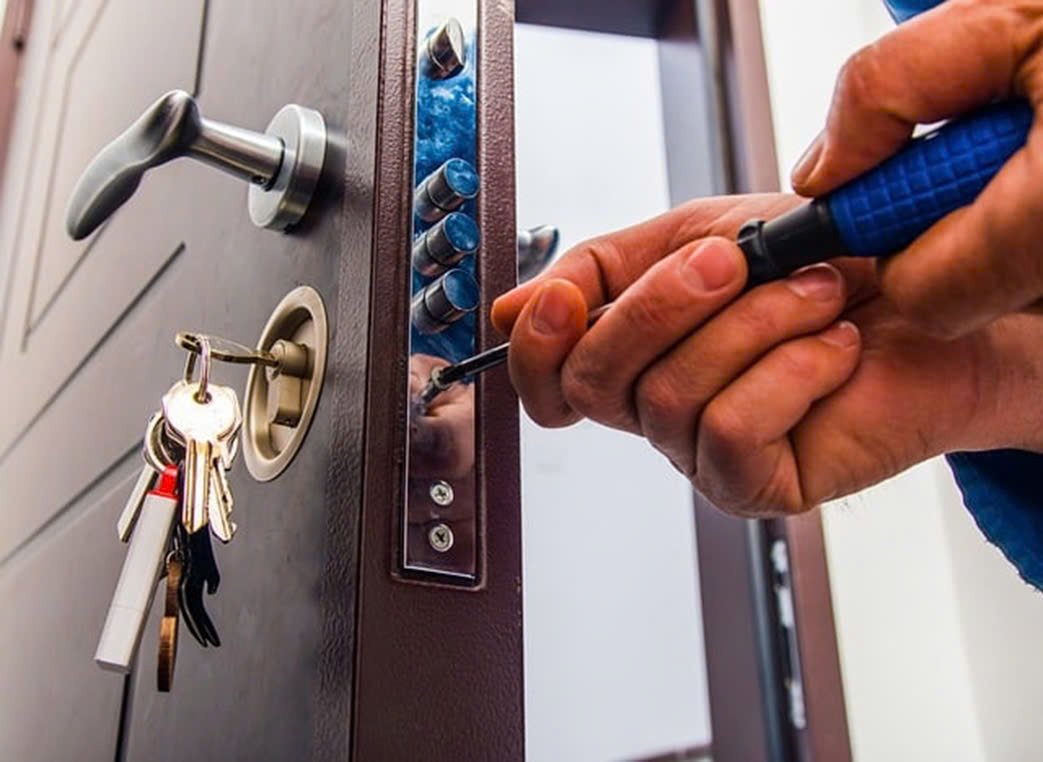Secure Your Peace of Mind: A Guide to Choosing the Perfect Family Security System
Ensure your family's safety with this guide to choosing the perfect security system, offering tips on features, technology, and customization for peace of mind.
In today’s world, the importance of home security cannot be overstated. As our lives become increasingly busy and unpredictable, the need for a secure environment to protect our loved ones and belongings has never been more critical. Home security is not just about deterring intruders; it encompasses a comprehensive approach to safeguarding your family’s physical and emotional well-being.
Imagine returning home after a long day, only to be met with the unsettling thought of whether you’ve locked the door or set the alarm. This anxiety can affect your peace of mind, making you feel vulnerable in your own sanctuary. A robust home security system alleviates this worry, allowing you to focus on what truly matters—spending quality time with your family, knowing that your home is protected.
Furthermore, the emotional aspect of security is paramount. A safe home fosters a sense of comfort and stability, especially for children who thrive in secure environments. Knowing that your home is equipped with the latest security technology, such as alarms, cameras, and sensors, enables you to cultivate a nurturing atmosphere where your family can grow and thrive without fear.
Additionally, home security systems can serve as a proactive measure against potential threats. With statistics showing that homes without security systems are up to three times more likely to be targeted by burglars, investing in a comprehensive security solution is a wise decision. Beyond protecting your physical possessions, a reliable security system can also offer features such as fire and carbon monoxide detection, providing a holistic approach to safeguarding your family’s health and safety.
Ultimately, understanding the importance of home security is the first step in crafting a safe haven for your family. It’s about more than just installing locks and cameras; it’s about creating an environment where your loved ones can feel secure and at ease. As you embark on the journey to choose the perfect security system, remember that the goal is to enhance your peace of mind and protect the heart of your home.
Types of Security Systems: Which One is Right for You?
When it comes to choosing a security system for your family, understanding the various types available is crucial in making the right decision. Each type of security system offers distinct features, benefits, and levels of protection, catering to different needs and lifestyles. Here’s a breakdown of the most common types to help you find the perfect fit for your home.
Monitored Security Systems
These systems are connected to a professional monitoring service that keeps an eye on your home 24/7. In the event of a break-in, fire, or emergency, the monitoring team will immediately notify local authorities. This option provides peace of mind, especially for families who travel frequently or have busy schedules. However, it often comes with a monthly fee for the monitoring service.
Unmonitored Security Systems
If you prefer a more budget-friendly option, unmonitored systems might be the way to go. These systems typically rely on loud alarms and alerts to deter intruders, but they do not involve professional monitoring. While they can be effective in scaring off potential burglars, the responsibility of contacting authorities falls entirely on you, which can be a drawback for some families.
Wireless Security Systems
For families looking for convenience and flexibility, wireless security systems are a top choice. These systems are easy to install, often requiring no drilling or extensive wiring. They can include cameras, motion detectors, and door/window sensors that communicate via Wi-Fi. Additionally, many wireless systems come with mobile apps, allowing you to monitor your home remotely and receive real-time alerts.
Smart Home Security Systems
Integrating technology into your home has never been easier with smart security systems. These systems can include smart locks, doorbell cameras, and security cameras that connect to your home network. They allow for remote monitoring and control through smartphones or voice-activated devices. If you’re already invested in smart home technology, this option can seamlessly blend into your existing setup.
DIY Security Systems
For the hands-on family, DIY security systems offer a customizable approach. These kits often come with all the necessary components, allowing you to set up your system according to your preferences. The flexibility to add or remove devices as needed makes them an appealing choice for growing families or those who want to adapt their security measures over time.
Integrated Security Systems
Finally, consider an integrated security system that combines various elements—like surveillance cameras, alarms, and smart home features—into one cohesive unit. This all-in-one approach can provide comprehensive protection and convenience, making it easier to manage your family’s security from a single platform.
Choosing the right type of security system ultimately depends on your family’s unique needs, lifestyle, and budget. By understanding the different options available, you can secure your peace of mind and create a safe environment for your loved ones.
Key Features to Look for in a Family Security System
When it comes to choosing the perfect family security system, understanding the key features can make all the difference in ensuring your peace of mind. The security landscape has evolved significantly over the years, and today’s systems offer a plethora of options designed to cater to various needs and preferences. Here are some essential features to consider when selecting a system for your family:
24/7 Monitoring: A reliable security system should provide round-the-clock monitoring. This means your home is being watched by professionals at all times, ready to respond to any emergencies, whether it’s a break-in, fire, or medical alert. Look for providers that offer both self-monitoring options and professional monitoring services for comprehensive coverage.
Mobile App Integration: In our increasingly connected world, having the ability to control your security system via a mobile app is crucial. This feature allows you to arm or disarm your system, view live camera feeds, receive real-time alerts, and even control smart home features from anywhere, giving you peace of mind while you’re on the go.
High-Definition Cameras: Surveillance cameras are a cornerstone of any family security system. Opt for HD cameras that provide clear video footage, even at night. Features such as motion detection, two-way audio, and cloud storage for recorded footage can enhance your security and help you keep an eye on your home when you’re not there.
Environmental Sensors: Beyond just deterring intruders, a well-rounded security system should include environmental sensors. Carbon monoxide detectors, smoke alarms, and flood sensors can alert you to potential hazards, ensuring your family’s safety from various threats.
Smart Home Compatibility: The integration of smart home devices can create a comprehensive security system that works seamlessly with your lifestyle. Look for systems that can connect with smart locks, lights, and thermostats, allowing you to automate routines and enhance security through smart technology.
Reliable Customer Support: Finally, consider the level of customer support offered by the security provider. Access to friendly, knowledgeable representatives who can assist you with setup, troubleshooting, or emergencies is invaluable. A responsive support team can significantly enhance your experience and ensure that you feel secure in your choice.
By focusing on these key features, you can select a family security system that not only fits your needs but also provides the assurance that your loved ones and belongings are protected at all times. Investing in a quality system today can lead to a safer, more secure tomorrow for your family.
Wireless vs. Wired Security Systems: Pros and Cons
When it comes to choosing the right security system for your family, one of the most critical decisions you'll face is whether to go with a wireless or wired system. Each option has its unique set of advantages and disadvantages, making it essential to weigh them carefully based on your specific needs and circumstances.
Wireless Security Systems: Pros and Cons
Wireless security systems have surged in popularity over the years, largely due to their convenience and flexibility. One of the main advantages is their ease of installation; without the need for extensive wiring, you can often set up a wireless system yourself within a matter of hours. This is particularly appealing for renters or those who may move homes frequently. Additionally, wireless systems typically offer a more aesthetically pleasing look, as they eliminate the need for visible cables that can clutter your living space.
However, wireless systems come with their own set of challenges. They rely on battery power for sensors and cameras, which means you'll need to stay on top of battery maintenance to ensure your system remains operational at all times. Furthermore, wireless systems can be susceptible to interference from other devices, and if your Wi-Fi signal is weak, it could impact the reliability of your security system.
Wired Security Systems: Pros and Cons
On the other hand, wired security systems are known for their robust reliability and stability. Because they don't rely on wireless signals, they are less prone to interference and can provide a consistent connection, making them an excellent choice for larger homes or those in areas with unreliable internet service. Additionally, wired systems often come with more advanced features and options, such as professional monitoring services, which can be a significant advantage for families seeking comprehensive protection.
That said, wired systems typically require professional installation, which can be a more time-consuming and costly process. This might be a deterrent for some homeowners, especially those looking for a quick and easy solution. Also, once installed, they can be less flexible than wireless systems; moving or expanding your system can be a cumbersome task involving additional wiring.
In conclusion, the decision between wireless and wired security systems ultimately boils down to your lifestyle, budget, and specific security needs. By understanding the pros and cons of each option, you can make an informed choice that best secures your family's peace of mind.
Smart Home Integration: Enhancing Your Security System
In today’s rapidly advancing technological landscape, integrating your family security system with smart home devices can significantly enhance your home’s safety and convenience. Smart home integration allows you to monitor and control your security system remotely, providing you with peace of mind no matter where you are. Imagine receiving real-time alerts on your smartphone whenever your security cameras detect unusual activity or when a door sensor is triggered. This immediate access to information means you can respond quickly, whether that involves contacting law enforcement or simply checking in with your family.
Moreover, the synergy between your security system and other smart devices, such as smart locks, doorbells, and lighting, creates a comprehensive safety net for your home. With features like geofencing, you can set your security system to automatically arm itself when you leave home, and disarm when you return. Smart locks allow you to grant temporary access to trusted individuals, like family members or service providers, while maintaining full control over your home’s security.
Additionally, incorporating smart cameras equipped with two-way audio lets you communicate with delivery personnel or guests without opening the door, providing an extra layer of safety. Voice-activated assistants can also facilitate security management, enabling you to arm or disarm your system just by speaking a command.
As you explore options for your family security system, consider how well it integrates with your existing smart home devices. A cohesive system not only enhances security but also streamlines your daily routine, making it easier to protect what matters most to you. By embracing the power of smart home technology, you can create a secure and responsive environment that adapts to your family's needs.
Evaluating Security System Providers: What to Consider
When it comes to securing your family’s peace of mind, choosing the right security companies Kansas City is just as important as selecting the system itself. With a myriad of options available, it’s crucial to evaluate potential providers carefully to ensure they align with your family's unique needs and expectations. Here are key factors to consider during this evaluation process:
Reputation and Reviews: Start by researching the provider’s reputation in the market. Look for customer reviews, testimonials, and ratings on trusted platforms. A company with a solid track record of reliability and customer satisfaction is more likely to deliver a security system that lives up to its promises.
Experience and Expertise: Assess how long the provider has been in the security business. Experienced companies often have a wealth of knowledge regarding the latest technologies, industry regulations, and best practices. Their expertise can help guide you toward solutions that are not only effective but also tailored to your specific requirements.
Range of Services: Different families have different security needs. Some may require basic surveillance, while others may seek comprehensive monitoring that includes smart home integration, alarm systems, and emergency response services. Evaluate the range of services offered by each provider to ensure they can address your needs today and adapt to future demands.
Customer Support: A security system is only as good as the support behind it. Inquire about the provider's customer service options. Will you have access to 24/7 support? How do they handle emergencies? A responsive and helpful customer support team can make all the difference when you need assistance or have questions.
Installation and Maintenance: Consider whether the provider offers professional installation or if it’s a DIY system. Professional installation can ensure that your system is set up correctly and functions optimally. Additionally, inquire about maintenance services; having a routine check can help keep your system in peak condition and prevent potential issues.
Cost and Contracts: Finally, carefully review the pricing structure and contract terms. Ensure you understand the initial costs, monthly fees, and any potential hidden charges. Look for flexibility in contracts that allow you to make changes as your family’s needs evolve.
By thoroughly evaluating these factors, you can confidently select a security system provider that not only meets your family's current needs but also adapts to your changing lifestyle, ensuring lasting peace of mind.
Cost Considerations: Budgeting for Your Security System
When it comes to choosing the perfect family security system, cost considerations are paramount. Understanding your budget will help you narrow down your options and ensure that you're investing in a system that not only meets your needs but also fits your financial situation. Security systems can range from basic, DIY setups to comprehensive, professionally monitored solutions, so it's crucial to assess what level of protection your family requires without breaking the bank.
Start by determining how much you’re willing or able to spend upfront. This should include both the initial installation costs and any ongoing monitoring fees. Many security companies offer flexible payment plans or financing options, so don't hesitate to explore these if your ideal system exceeds your current budget.
Additionally, consider the long-term costs associated with your choice. While a lower-priced system might seem appealing, it could come with hidden fees for maintenance, equipment upgrades, or even cancellation. Conversely, investing in a higher-quality system may save you money over time through features that reduce false alarms or enhance energy efficiency, such as smart home integration.
Think also about the potential costs of security breaches. Consider the value of your belongings and the peace of mind that comes with knowing your family is safe. Sometimes, a more robust system could ultimately save you money by preventing theft or damage to your property.
Lastly, remember to factor in any additional features you may want, such as home automation, video surveillance, or environmental sensors. While these add-ons can elevate your security system, they also impact the overall cost. By carefully budgeting for your family security system, you can strike a balance between affordability and the level of protection your loved ones deserve.
